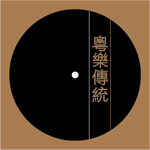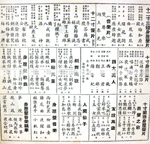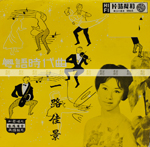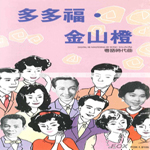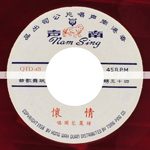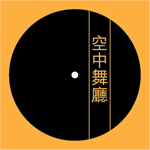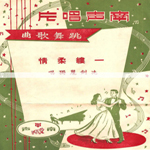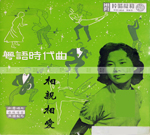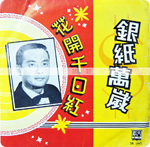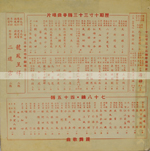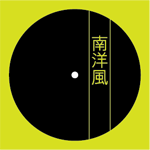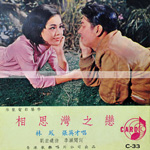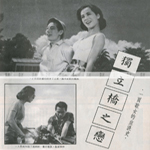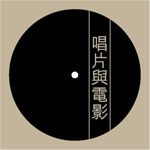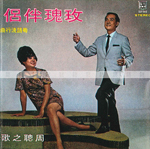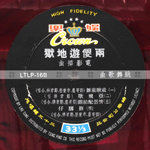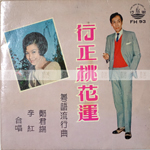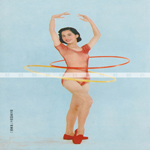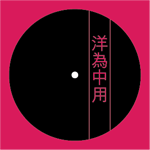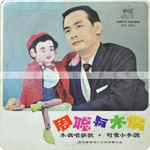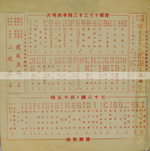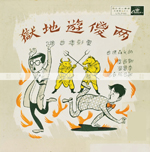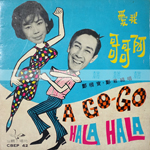In the time when Wong Jum-sum grew up, Cantonese pop music was but one of many kinds of music broadcast on radio. In a society where over 80% of the population spoke Cantonese, that came as a major surprise. Wong has a simple explanation for this. Cantonese pop grew out of traditional Cantonese music, but it could not build on the popularity of the latter in the face of severe competition. Compared to Western or Mandarin pop, it lagged behind in the areas of composition, lyrics, singing, accompaniment, recording, distribution, and marketing. Its competitors had a head start in talents, organization, and technology that took Cantonese pop more than a decade to come close.
Not everyone agrees with Wong’s diagnosis. Other scholars argue Canto pop, even in such early days, had a unique vibrancy that came from a healthy disregard of the boundaries among different traditions and genres, be they local or foreign. Early Canto pop laid a solid foundation for modern Canto pop, which went on to dominate not only Hong Kong but most Chinese communities around the world.
The story of Cantonese pop awaits careful re-writing.
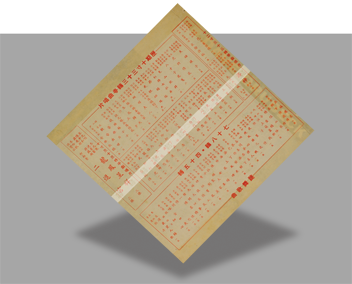

撰曲:朱頂鶴
主唱:朱頂鶴、馮玉玲
朱唱:穿州過縣 縣又過川
橋在我身邊不帶錢
馮唱:帶了一箱小馬騮
終身養留破時年
朱白:等我開個檔先
馮白:開檔啦
朱唱:我向左右 拱拱手
諸君看我舞馬騮
馮唱:佢騎着隻綿羊當馬走
朱唱:又會耍刀槍打筋斗
馮白:佢真係幾趣怪架
朱白:又碌冬瓜嘞
馮白:猴子戲開台
先演呆佬拜壽
朱白:一隻大花旦
一隻大小丑
朱唱:表演拜壽 做妙手
樣樣夠逼真撚滋悠
馮唱:着過件寬呔打晒周
走出了大街過門樓
馮白:嗱入屋嘞
朱唱:佢到屋內 拱拱手
周身怪旦仲笑開
馮唱:佢行近到台前去偷壽酒
朱唱:又會恭喜猛磕頭
馮白:咪講咁多嘞 收錢先啦
朱白:人人俾錢啦
馮白:每位收一毫
收完仲有嘢睇架
朱白:一隻扮靚女
一隻扮壽仔
馮白:點解佢搶咗個鑼錘
硬係唔肯做呢?
朱白:呀係嘞
你哋人人唔俾錢
隻馬騮搶咗個鑼錘唔肯做嘞
你哋俾錢啦
係囉 你又俾 細路哥又俾
呢個伯父都俾
係囉 大姑又俾
嗱 收咗錢 打筋斗嘞
又試撈魚嘞
係囉 咁多嘢睇呀
朱唱:風騷俏麗 又扮女仔
遇着個靚仔追到上嚟
馮唱:碰跌一跤似一隻龜
靚女嗰件衫染了黄泥
馮白:喂 真係笑死我哈哈
朱唱:靚仔要跪 靚女發威
冤冤氣氣就拍拖返歸
馮白:好嘞
馮唱:時候已完場要多謝各位
合唱:大眾請歸家要睇再復嚟
